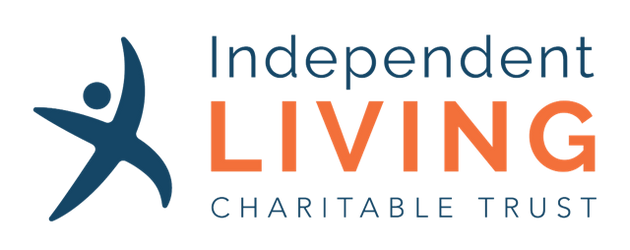
Living with Continence Issues
Continence issues can be a sensitive topic, but they’re more common than many realise - especially among older adults, disabled people, and those recovering from events like strokes or heart attacks. If you or someone you support is navigating these challenges, know that you’re not alone, and there are practical ways to manage them with dignity and confidence.
What are Continence Issues?
Continence refers to the ability to control bladder and bowel function. Incontinence, the loss of this control, can be temporary or ongoing and may result from various factors such as age-related changes, neurological and stress conditions, or physical injuries. For instance, strokes or heart attacks can disrupt the nerves and muscles involved in bladder and bowel control, leading to incontinence. Prostate surgery frequently leads to a condition known as overflow incontinence.
Recognising the Signs
Identifying continence issues early can lead to better management. Look out for:
- Frequent or urgent need to urinate
- Involuntary leakage of urine or faeces
- Difficulty initiating urination
- Waking up multiple times at night to urinate
- Skin irritation or infections in the genital area
If you notice these signs in yourself or someone you care for, it's advisable to consult a healthcare professional for assessment and guidance – as the right care plan can then be devised for the relevant continence issue.
It’s also worth noting that non-verbal people may struggle to let others know of their issues, so watch out for facial cues or frequency and length of toilet visits. And for those with sensory issues such as bright lighting or claustrophobia, going to a toilet room could be hard – leading to continence anxiety.
Did you know? Constipation is a continence issue as well and can be acute or chronic. Even someone that passes small bowel motions 6-7 times a day can have constipation. Constipation can result in bed soiling and bladder continence issues when not addressed.
How do I know What's Normal?
Read Continence NZs easy to follow guide here.
Breaking the Stigma
 Incontinence is often surrounded by embarrassment and silence, but it's important to understand that it's a medical condition—not a personal failing. Seeking help is a proactive step towards better health and quality of life. Organisations like Continence New Zealand offer free support and training to help individuals manage incontinence effectively.
Incontinence is often surrounded by embarrassment and silence, but it's important to understand that it's a medical condition—not a personal failing. Seeking help is a proactive step towards better health and quality of life. Organisations like Continence New Zealand offer free support and training to help individuals manage incontinence effectively.
Living Well with Continence Issues
- Lifestyle Adjustments: Regular toilet schedules, dietary changes to avoid bladder irritants, and pelvic floor exercises can be beneficial.
- Medical Interventions: Medications or therapies may be prescribed depending on the underlying cause.
- Support Systems: Engaging with support groups or counselling can provide emotional support and practical advice.
- The Right Products: A vast array of products now exist that allow daily living to continue with ease – including swimming!
It's essential to work closely with healthcare providers to develop a personalised management plan.
Choosing the Right Products
Selecting appropriate continence products can significantly enhance comfort and confidence. Options include:

- Absorbent Pads and Underwear: Designed for varying levels of incontinence, these products offer discreet protection.
- Bed and Chair Protectors: Waterproof pads safeguard furniture and bedding.
- Skin Care Products: Specialised cleansers and barrier creams help maintain skin integrity.
Independent Living offers a comprehensive guide to continence products, helping you make informed choices based on absorbency needs, mobility, and budget. See the guide here.
See the Independent Living Continence product range here.
Where to Find Support in New Zealand
Several organisations provide resources and assistance:
- Independent Living: A not-for-profit offering a range of continence products and expert advice.
- Firstport: Provides information on disability support services and good generalist advice.
- Continence New Zealand: provides education, information, advocacy and support for people living with incontinence, caregivers, health professionals and the general public.
Final Thoughts
While continence issues can be challenging, they are manageable with the right support and resources. Remember, seeking help is a sign of strength, and numerous organisations are dedicated to assisting you in maintaining independence and quality of life.
For personalised advice and product recommendations, don't hesitate to reach out to Independent Living or consult with your healthcare provider.
